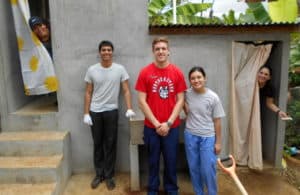HEALTH CARE ACCESS:
Even though Panama is a country with a lot of economic growth, this growth does not apply equally to all Panamanians, especially those in rural areas. This results in stark inequality when it comes to healthcare access. The Panamanian Ministry of Health (MINSA) provides two different types of health facilities throughout rural Panama: Centros de Salud and Puestos de Salud. Centros are the larger of the two, often found in municipalities, and typically have at least one physician on staff at all times with nurses and potentially a dentist. Puestos are found sporadically in rural communities and generally have a single nurse available.
Even with this coverage, the Centros frequently lack a full pharmacy and the staff capacity to see every patient each day. After walking long distances or paying for a bus, rural visitors to the Centros can expect long wait times given the limited staff and resources to meet the demand from all neighboring communities. The physician density in Panama remains around 630 people for every one doctor. According to the World Health Organization, there should be a maximum of 435 people per physician to qualify a country as having adequate access to medical attention.
Ipeti Embera has a Puesto de Salud in the community, but it is not regularly staffed. The nearest Centro de Salud is in the town of Torti which is about 30 minutes away by bus once the community members have walked to the highway. The most common illnesses reported by community members are: colds, diarrhea, skin infections, body aches, and lice.
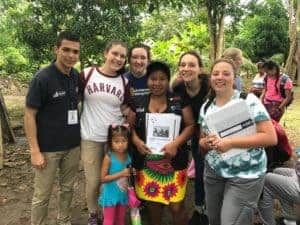
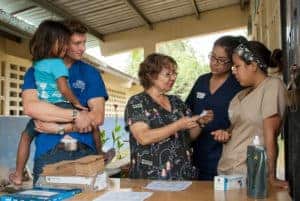 Medical and Dental Brigade clinics are hosted in Ipeti Embera’
Medical and Dental Brigade clinics are hosted in Ipeti Embera’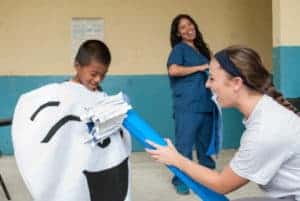
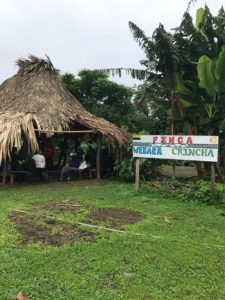
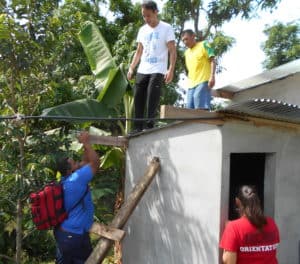 When Global Brigades began their partnership with Ipeti Embera, only about one percent of the community had sanitary latrines. Most community members that do have latrines have pit latrines, which are prone to flooding in the rainy season, and in the summer months heat causes these latrines to be a breeding ground for bacteria.
When Global Brigades began their partnership with Ipeti Embera, only about one percent of the community had sanitary latrines. Most community members that do have latrines have pit latrines, which are prone to flooding in the rainy season, and in the summer months heat causes these latrines to be a breeding ground for bacteria.